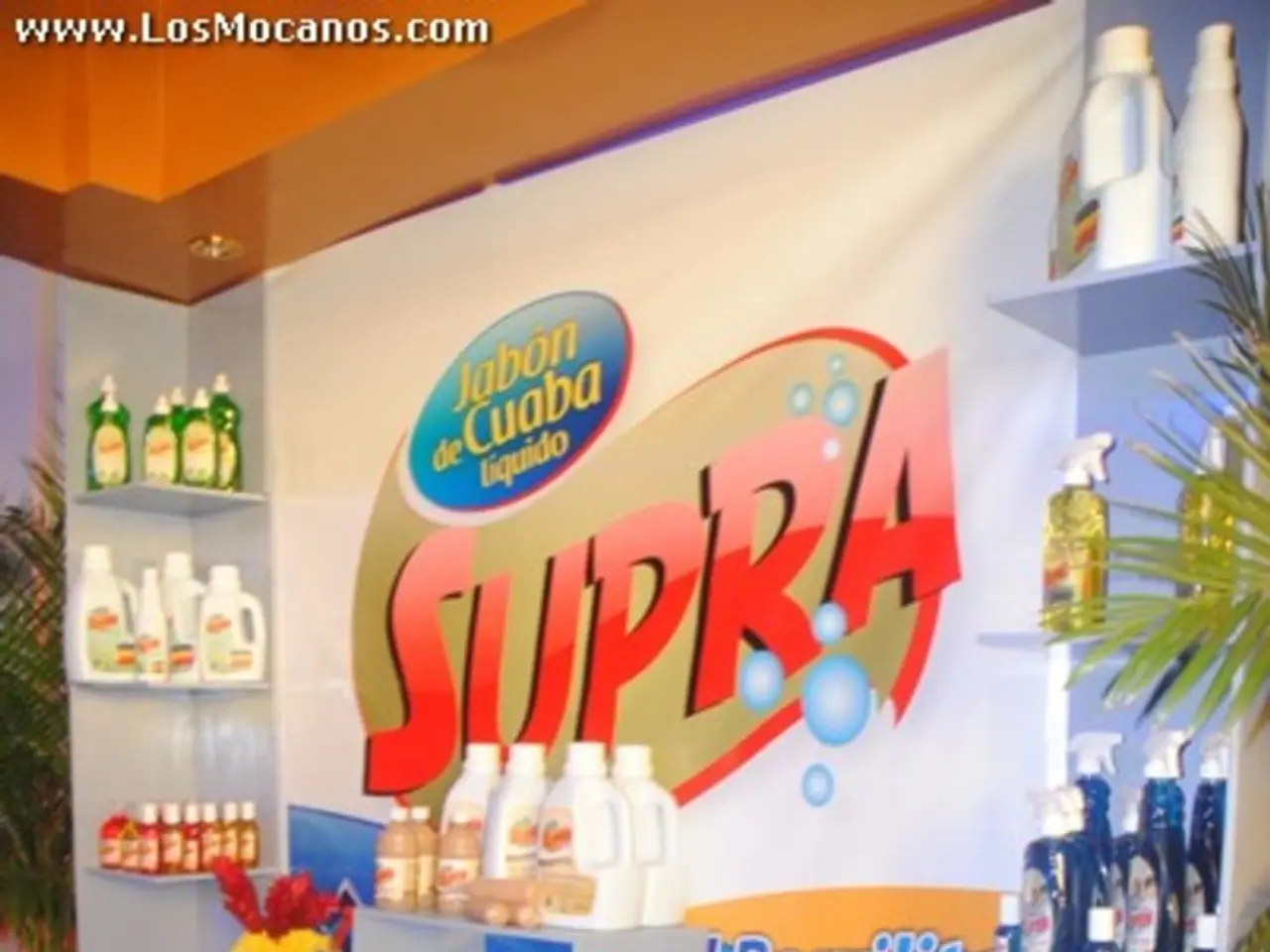Travelers Should Steer Clear of Purchasing or Importing Counterfeit High-End Goods in These European Nations
In popular European shopping destinations, buying counterfeit luxury items comes with significant penalties and risks. Here's a breakdown of the laws and consequences in five key countries: Italy, France, Germany, Spain, and Switzerland.
**Italy** Tourists and locals alike should be aware that purchasing counterfeit products in Italy can result in fines exceeding €10,000. Authorities actively monitor high-traffic areas like airports and shopping districts, and confiscate knock-offs regularly. Beyond financial penalties, buying counterfeit items undermines the authenticity and value of genuine luxury goods.
**France** Fines for possessing counterfeit products in France can reach €6,000. Importing or exporting counterfeit goods may lead to jail time. France's strict enforcement includes customs seizures and border checks, making it risky to import or export fake luxury items. For instance, police arrested 10 people and seized 63,000 fake items at the Saint-Ouen flea market, and customs seizes millions of knock-offs every year.
**Germany** While specific penalties for purchasing counterfeit goods are not as clearly outlined as in other countries, the sale and distribution of counterfeit luxury goods are illegal. Customs actively seize counterfeit items at borders, such as the confiscation of luxury watches at Frankfurt Airport. Purchasing counterfeits can harm customer trust in luxury brands and reduce the exclusivity of genuine products. Advanced technologies like NFC tags are used to verify authenticity, making it harder for counterfeiters.
**Spain** Spanish law prohibits the sale and purchase of counterfeit goods with strict penalties. Tourists in Spain could face fines reaching up to €3,000 for buying counterfeit luxury goods. The latest crackdown includes stricter measures to combat illegal street vendors.
**Switzerland** While specific penalties for purchasing counterfeit goods are not detailed, importing counterfeit products is prohibited, and customs can destroy small shipments of counterfeits. Half of all fake watches distributed in Europe are Rolex dupes. Local authorities diligently check airports and border crossings for fake luxury goods.
In summary, purchasing counterfeit luxury items in these European countries can lead to significant financial penalties and legal consequences, along with contributing to the erosion of brand authenticity and consumer trust. It is advisable to spend money on authentic luxury goods instead of counterfeit ones to avoid major fines and potential health risks. Governments are policing the purchase of these knock-off products because sales are facilitated by organized crime groups, and illegal sales negatively affect the economy.
- In terms of lifestyle choices, opting for authentic luxury goods instead of counterfeit items could save individuals from hefty fines in various European countries, such as Italy (exceeding €10,000), France (up to €6,000), and Spain (up to €3,000).
- Additionally, adopting a travel plan that includes experiencing the real deal in fashion, finance, and shopping, rather than buying counterfeits, will not only provide a true taste of the destination but also contribute to improving the economy by avoiding funds being funneled to organized crime groups dealing in fake luxury goods.




